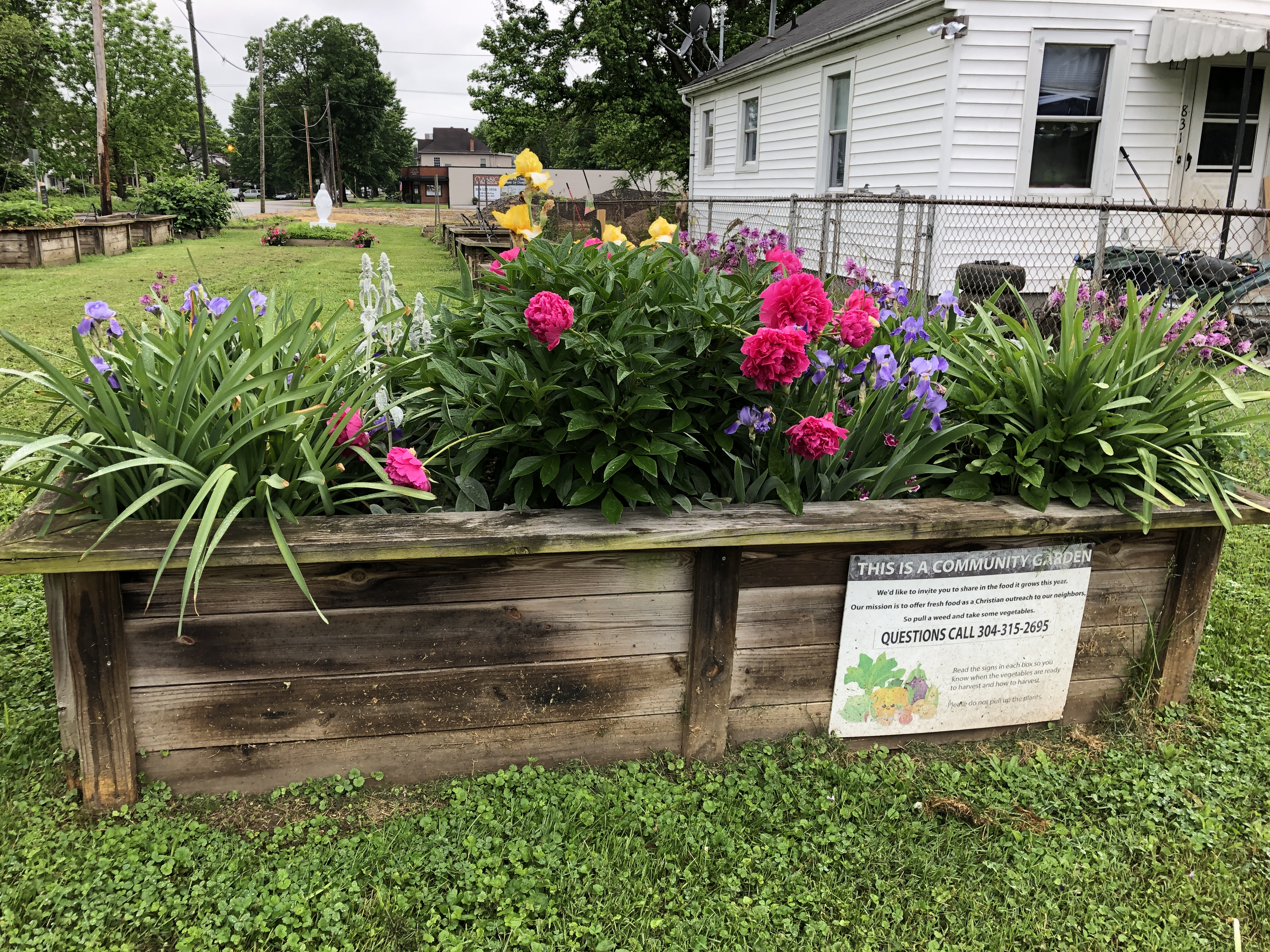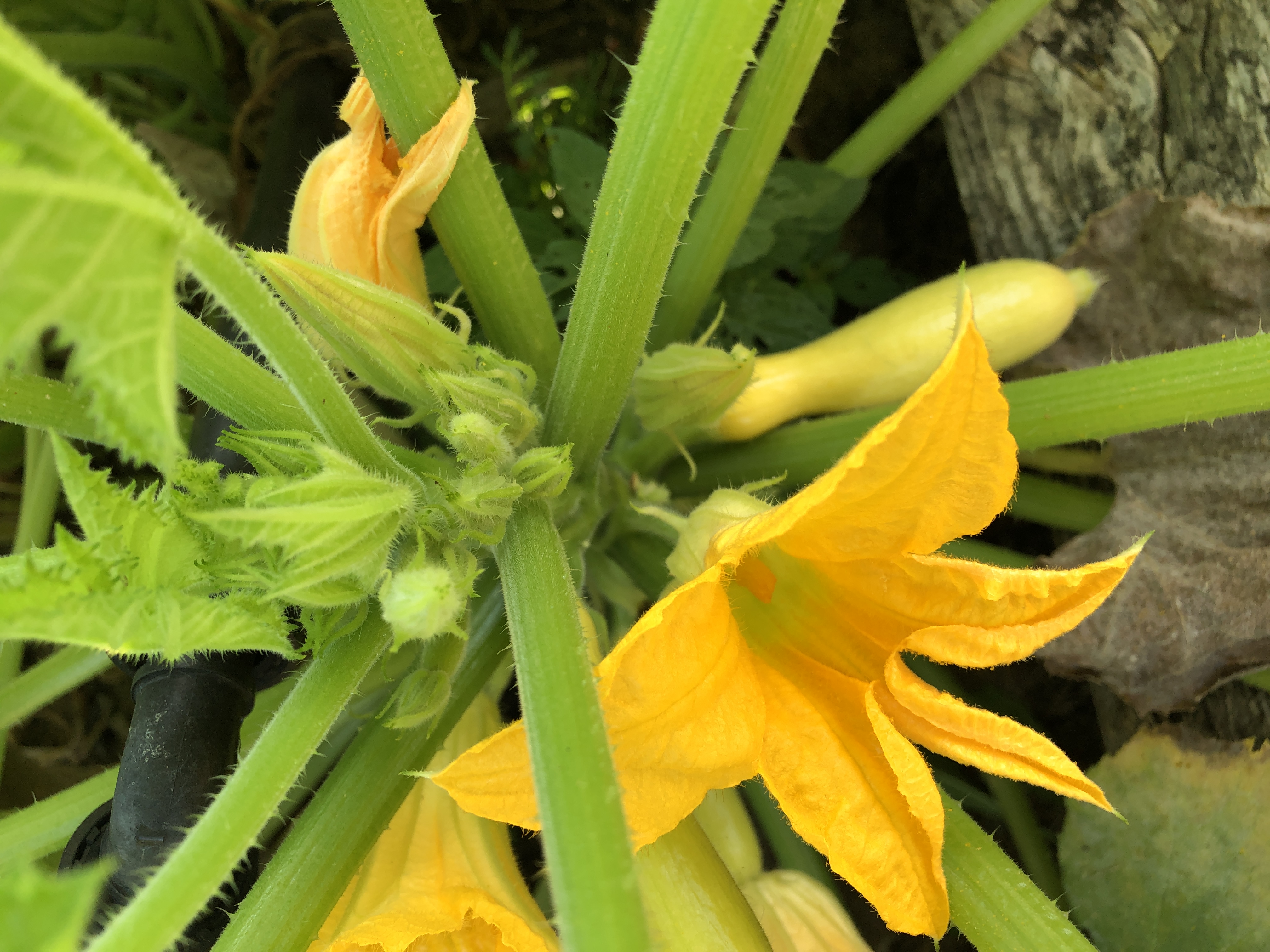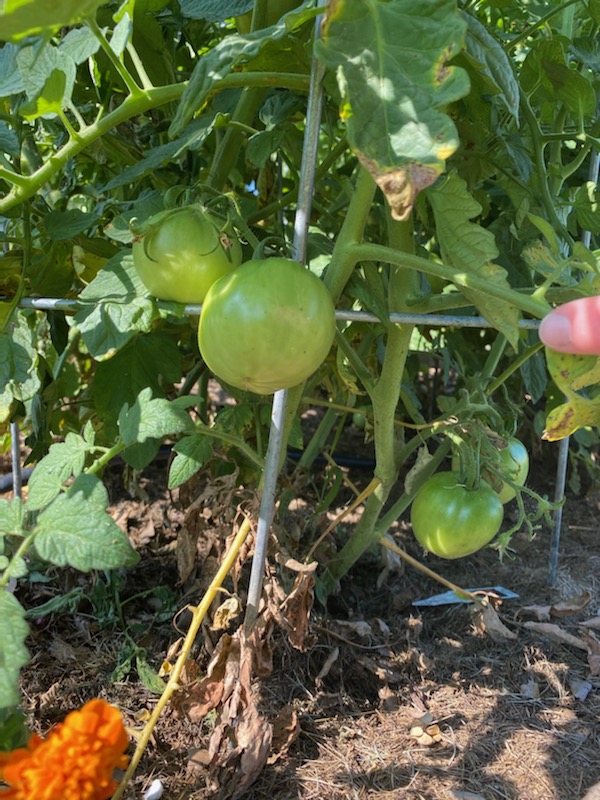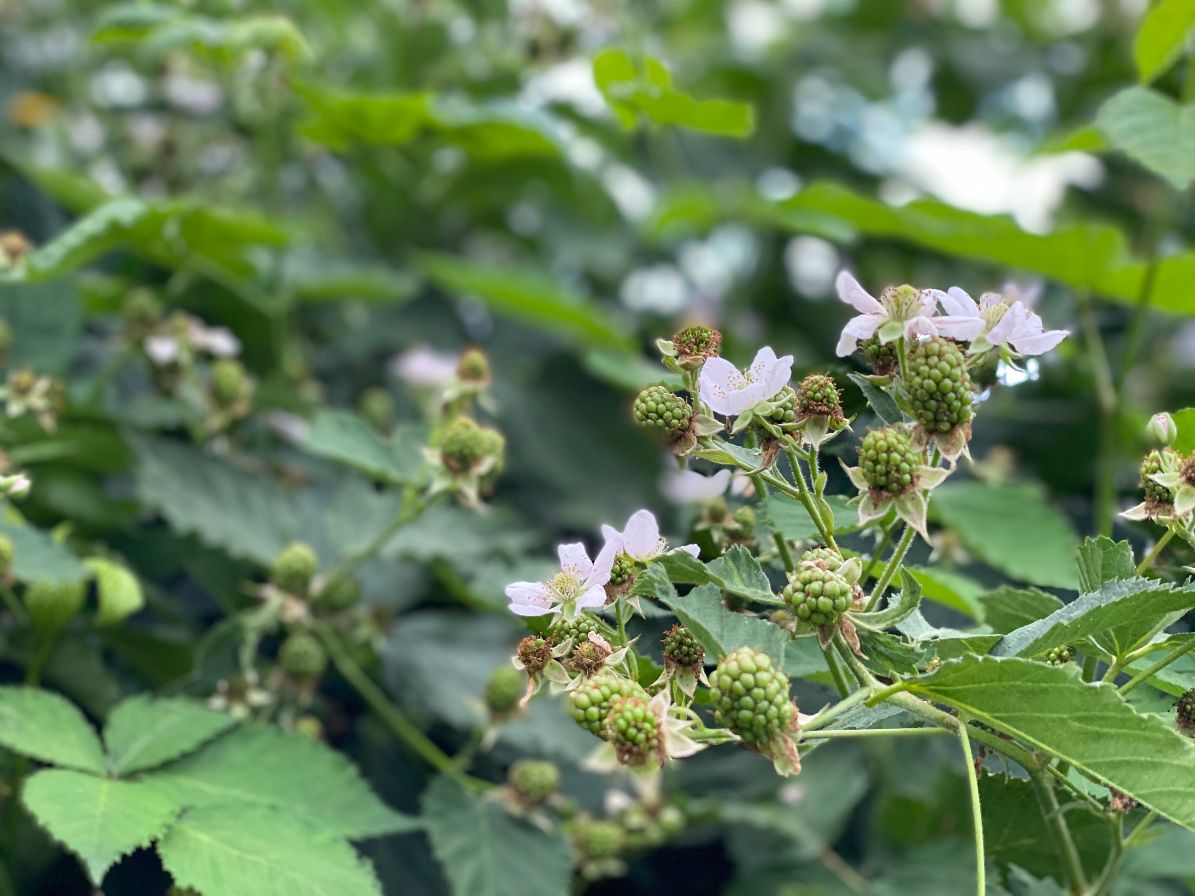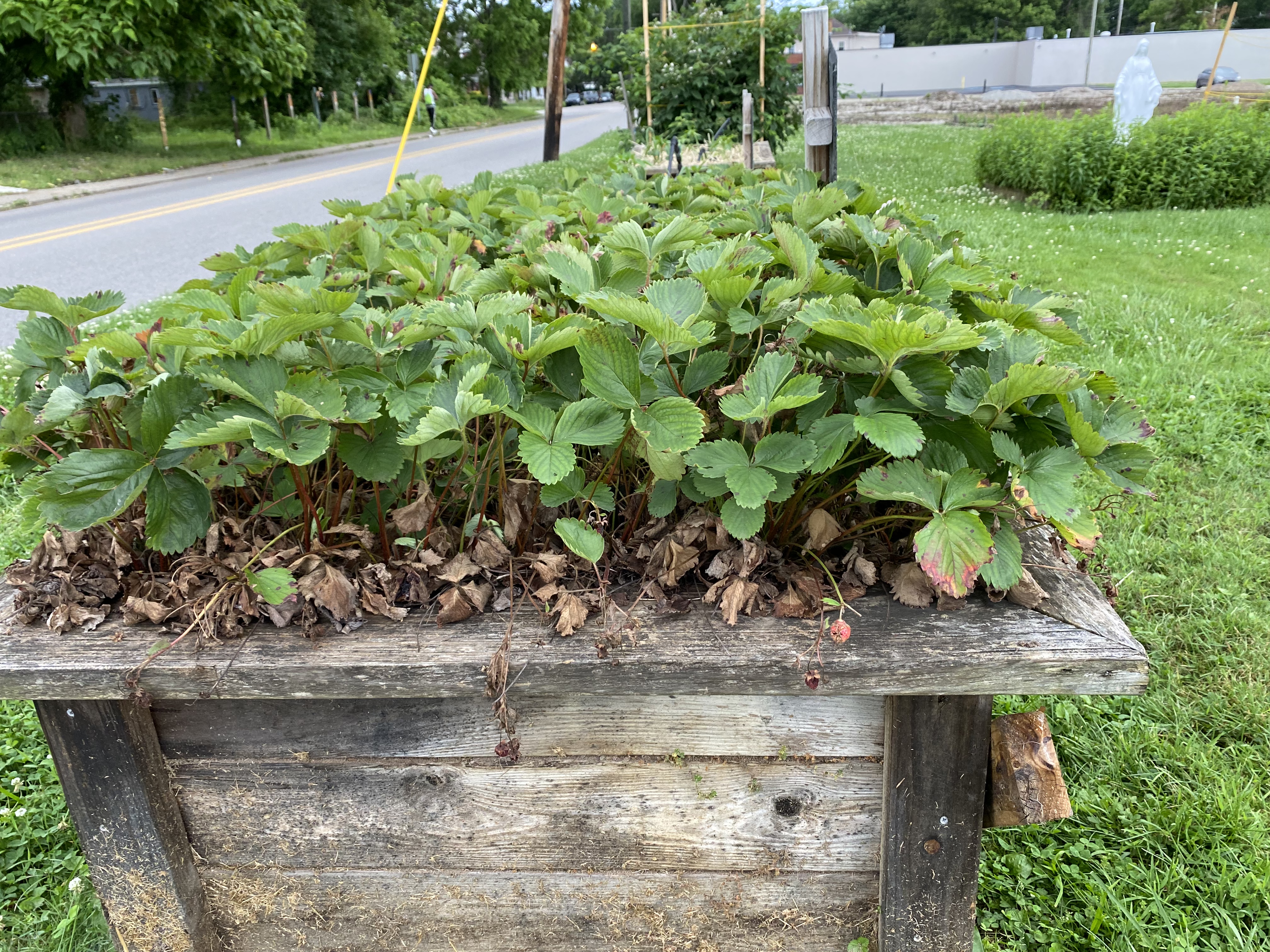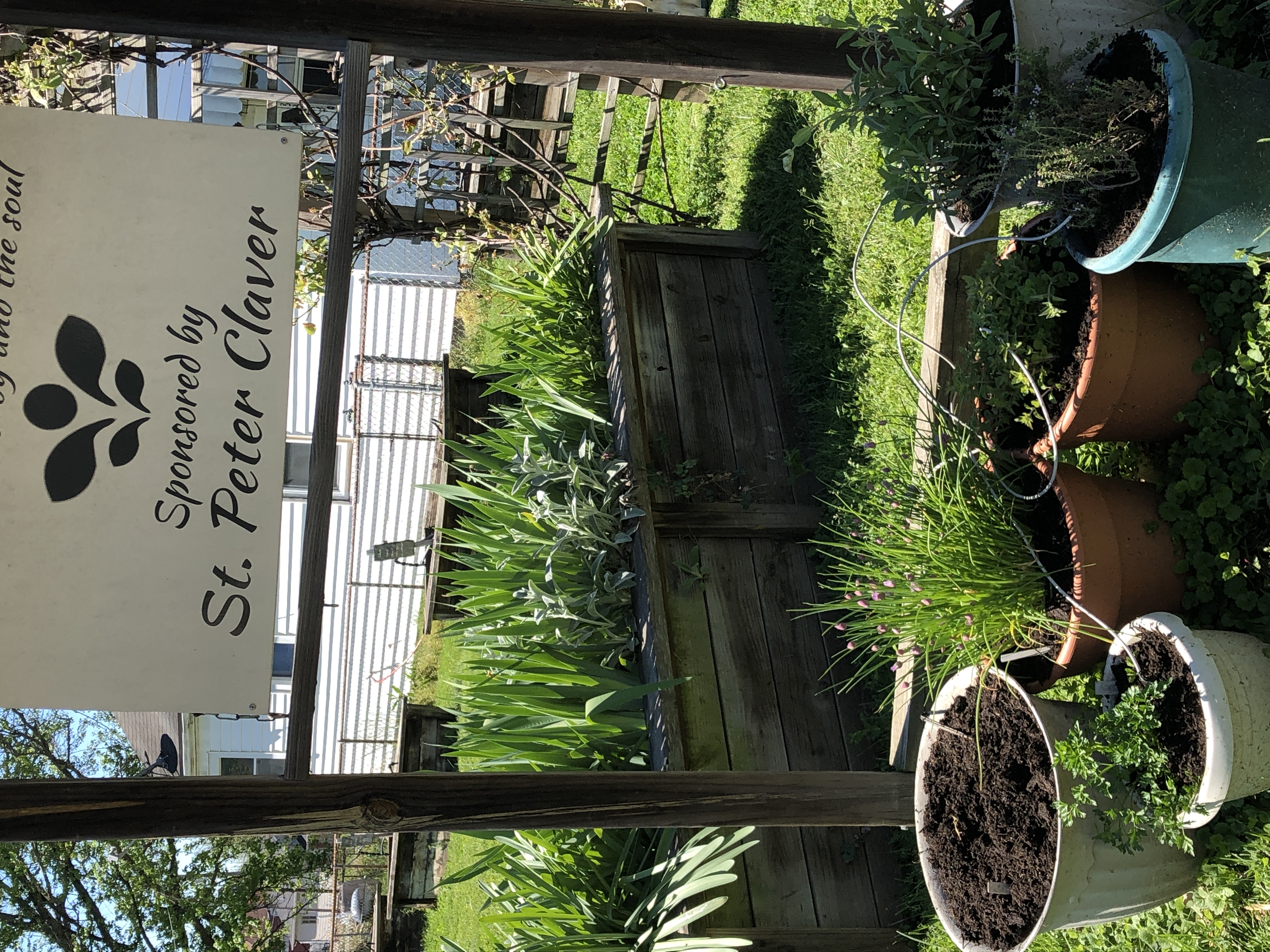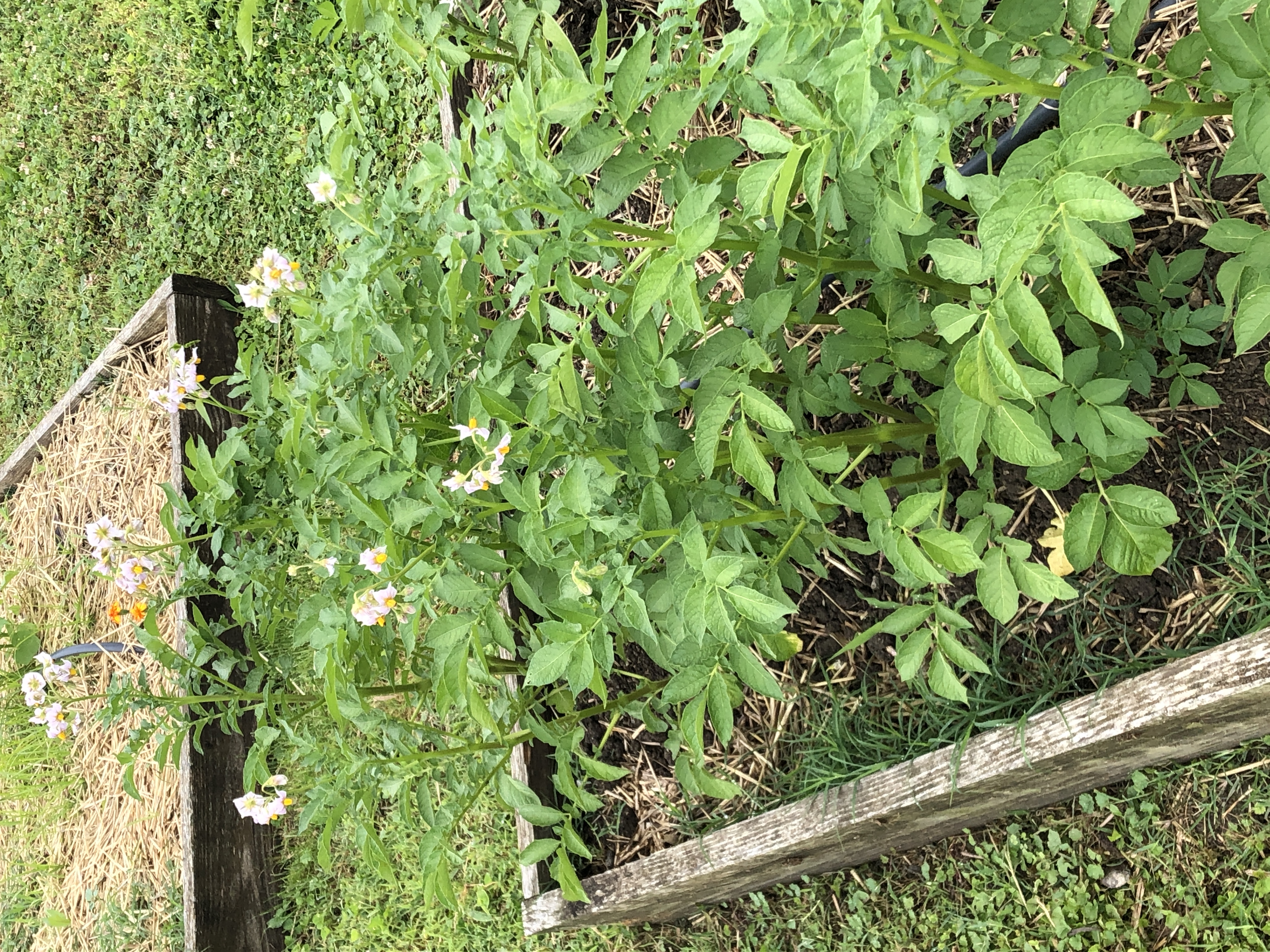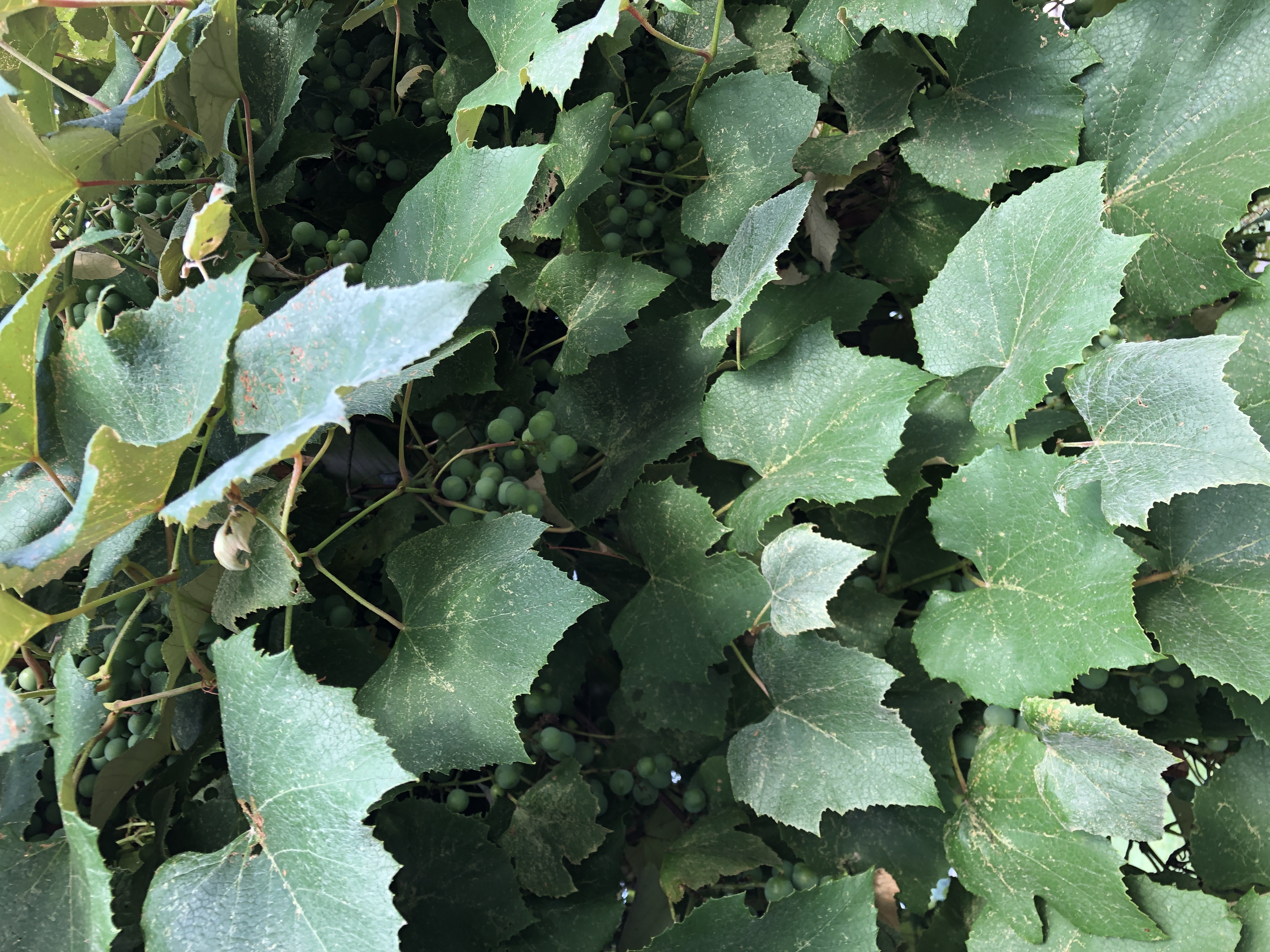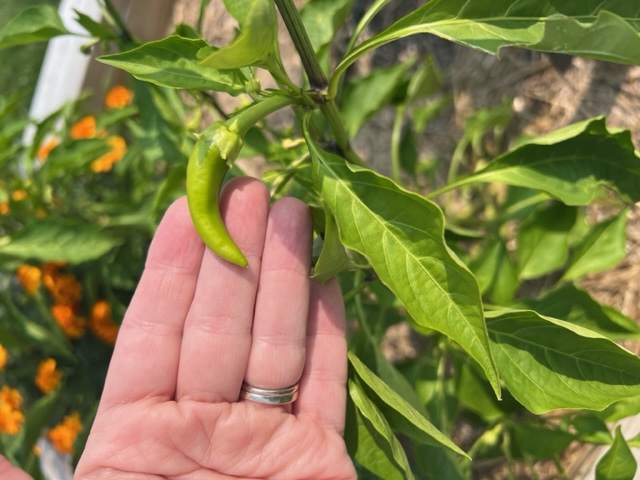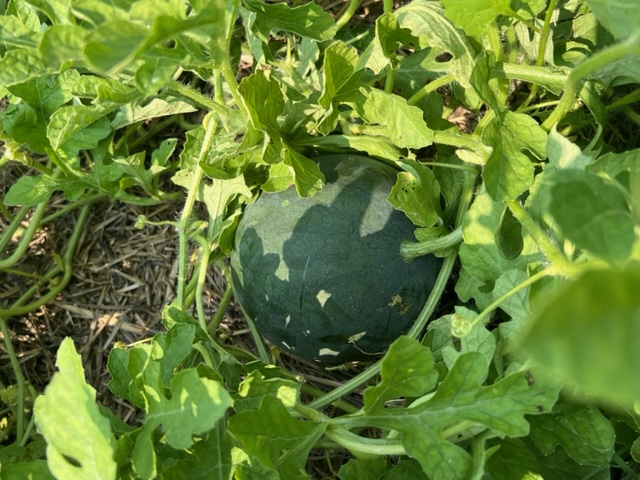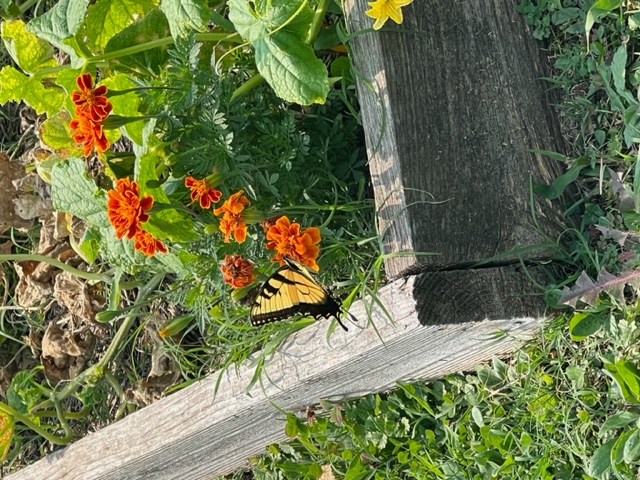Garden Details
Garden Details
The garden was established as a social justice outreach by St. Peter Claver Parish. The church is located in Fairfield West, the historically African American neighborhood in Huntington West Virgina. It is the only parish in West Virginia established specifically for an African American Community. Unfortunately, many West Virginians suffer from obesity, hypertension, diabetes, and the other health issues associated with a diet that is low in fresh fruits and vegetables. Since Fairfield West has been described as a food desert and a parcel of abandoned land was available, parishioners decided to plant the garden and leave the harvest open to all in the neighborhood. In addition, the garden with its produce and flowers, provides a welcome relief to the trash filled, unkempt lot that was an eyesore in the neighborhood.
Garden Practices
Garden Practices
The garden follows organic practices. The only fertilizer applied is organic compost and no insecticides or herbicides are used. There are twelve handicap accessible 3' x 6' x 30" beds with ledges for sitting on and ten 4' x 8' x 12" beds for tall plants and vines. Perennial flowers are grown in two 4' x 10' x 30" beds. They are on either side of a grape arbor that serves as the entrance to the garden. Herbs are grown in six large pots that are in front of the garden sign and message board. An irrigation system is automated to water the beds every other morning for twenty minutes during the growing season.
Perennial fruits include blackberries, strawberries, and grapes. Lettuce, collards and kale are planted in early spring and tomatoes, peppers, eggplants, bush and pole beans, zucchini and yellow squash, watermelons, and cantaloupes are planted in mid-May. Perennial flowers include irises, peonies, black-eyed Susans, columbines, lambs' ears, and dahlias
The garden is organized the by the Community Garden Committee, a group that consists mostly of parishioners of St. Peter Claver Parish but also some community members. Once planting occurs each spring, there is a group of Garden Stewards that keeps watch over the garden, each day designated to two stewards who remove weeds, keep vines in check, and keep track of the moisture level in the beds. Other members of the committee are involved in preparation, infrastructure maintenance, marketing, and plant acquisition. All plants and seeds are donated each season. A message board is maintained to advise harvesters what is available at the time with the admonition to only take what can be used in that household that day.
Additional Information
Additional Information
A few plants usually disappear each season. Local deer have been known to eat the green beans. Insects usually appear late in the season.
N/A
Visually, the garden is a huge improvement over the trash filled empty lot. Many individuals have expressed their gratitude for the fresh produce available at no charge.


